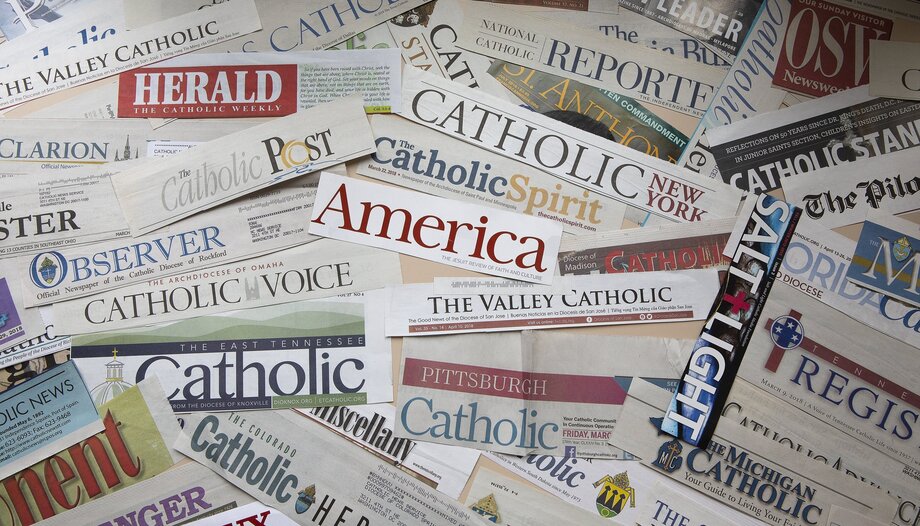November 23, 2023, Pope Francis met with in the Clementine Hall of the Vatican with dozens of journalists belonging to the Italian Federation of Catholic Weeklies, a network that brings together some 170 periodicals of the Italian dioceses and other associations of journalism professionals working in the field of communication, specifically in the press, television, radio and new technologies.
In this context, the Pontiff stressed the importance of education as a vital tool for the future of society, encouraging a prudent and simple approach to communication, especially in the digital sphere. Referring to the Gospel, he urged journalists to be "wise as serpents and simple as doves" to say that "prudence and simplicity are two basic educational ingredients to orient oneself in today's complexity." We must not be naïve, but neither should we "give in to the temptation to sow anger and hatred". This is a crucial task for the press of the local churches, called to take a wise look at people's homes, directly on the ground.
The second way indicated by the Pope is that of protection, especially in digital communication, where privacy can be threatened. He stressed the need for instruments to protect the weakest, such as minors, the elderly and people with disabilities, from digital intrusion and provocative communication.
The third means was identified as witness, citing the examples of St. Francis de Sales, patron of journalists, and the very young Blessed Carlo Acutis, who used communication to transmit the Gospel and communicate values and beauty. Witness, according to the Pontiff, is a prophecy, a creativity that leads to taking risks for the good, going against the tide: it speaks of fraternity, peace and attention to the poor in a world that is often individualistic and indifferent.
The challenges of information
In addition to these reflections of the Holy Father, some general considerations arise regarding the current state of the journalistic profession and the challenges of information.
Training, news coverage and testimony, in fact, are often challenged by today's journalistic landscape, where speed and complexity must be reckoned with first and foremost. It is undeniable how the rapid dissemination of news through digital media has increased the speed of the news cycle itself, forcing professionals to balance the timeliness of the news with the need for adequate verification and contextualization.
Accuracy
This recalls another central element of the journalistic profession, ethics and integrity, which must be reinforced precisely because it is easier to fall into the trap of unverified or often even false information. The commitment consists in monitoring the accuracy of the information disseminated.
The Pope also mentioned the issue of privacy protection, and here the professional commitment consists in being able to balance - as has always been the case - the public's right to information and respect for people's individual rights to privacy.
Transparency
For some time now, the public's trust in traditional sources of information has been declining to worrying limits. The challenge here is to think of new transparency practices that can show quality journalism and service, without double objectives or interests, often ephemeral.
Responsibility
Finally, we must not forget the impact of new technologies, including artificial intelligence and the numerous "automations" it entails. These are aspects that are greatly influencing journalistic practice, as well as the world of communication in general. Here the skill lies in knowing how to integrate these technologies in a responsible way, especially in those passages that can improve the transmission of solid and contrasted information, safeguarding the centrality and interest of the human person.
The formative and testimonial efforts called for by the Pope must therefore be complemented by wisdom, integrity and a constant commitment and desire for the common good. In this way it will be possible to "save" journalism.









